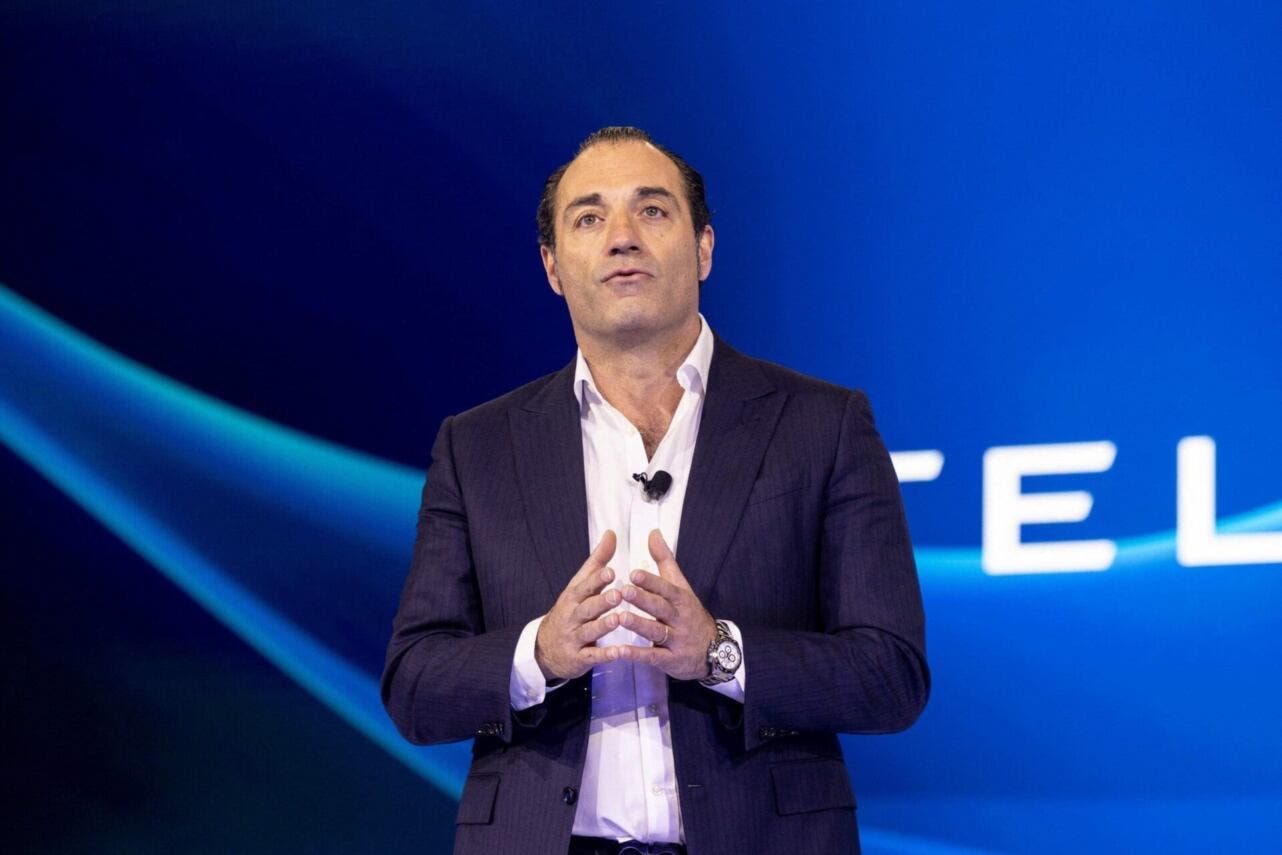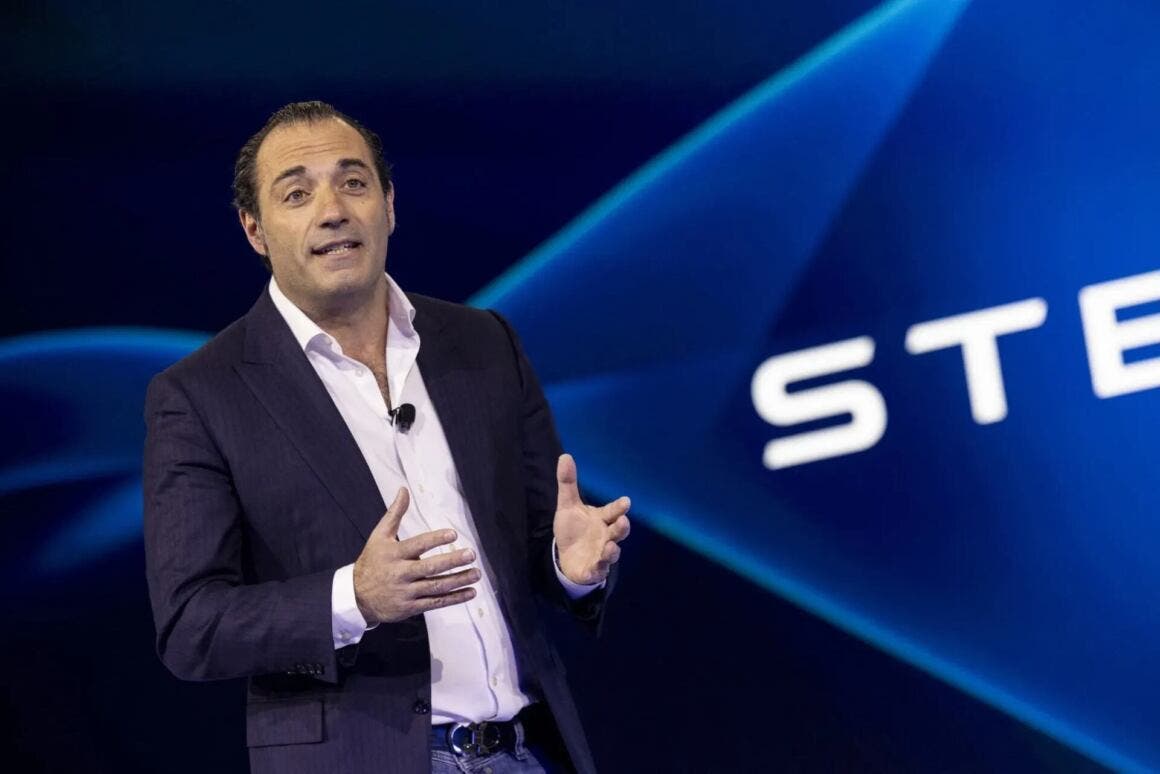At a decisive moment for the automotive electric transition, Stellantis is redefining its strategy and sending a clear message to the European Union. CEO Antonio Filosa, in a recent interview relaunched by major European media, has questioned the sustainability of the EU plan that calls for a 55% emissions reduction by 2030 and the ban on combustion car sales from 2035.
Stellantis CEO Filosa questions EU’s 2030 emissions and 2035 combustion ban plans

According to Filosa, environmental objectives must be compatible with industrial reality and citizens’ purchasing power, avoiding overly rigid rules that risk threatening factories and employment. The executive calls for a more balanced approach, which includes hybrid technologies, energy efficiency systems and transition solutions, instead of focusing exclusively on electric mobility.
The statements come in a complex context for the group, which in the first half of 2025 recorded losses related to restructuring costs and weakness in some key markets. As highlighted by the Financial Times, Filosa’s line reflects the need to combine climate ambition and industrial sustainability, while maintaining the competitiveness of the European sector.

The CEO reiterated Stellantis‘ commitment to achieving carbon neutrality by 2050, but calls for introducing more realistic intermediate milestones and tools that promote the spread of complementary technologies, until infrastructure and demand are sufficiently mature.
Filosa identifies two central issues: on one hand, the lack of a widespread charging network and competitive European battery supply chains; on the other, the urgency of fiscal policies and incentives that make replacing older vehicles sustainable.
His words have ignited debate in Brussels and among environmental associations, who fear a slowdown in electrification. But for Stellantis, the priority is clear: lead the transition without compromising the industrial and social stability of the sector.
